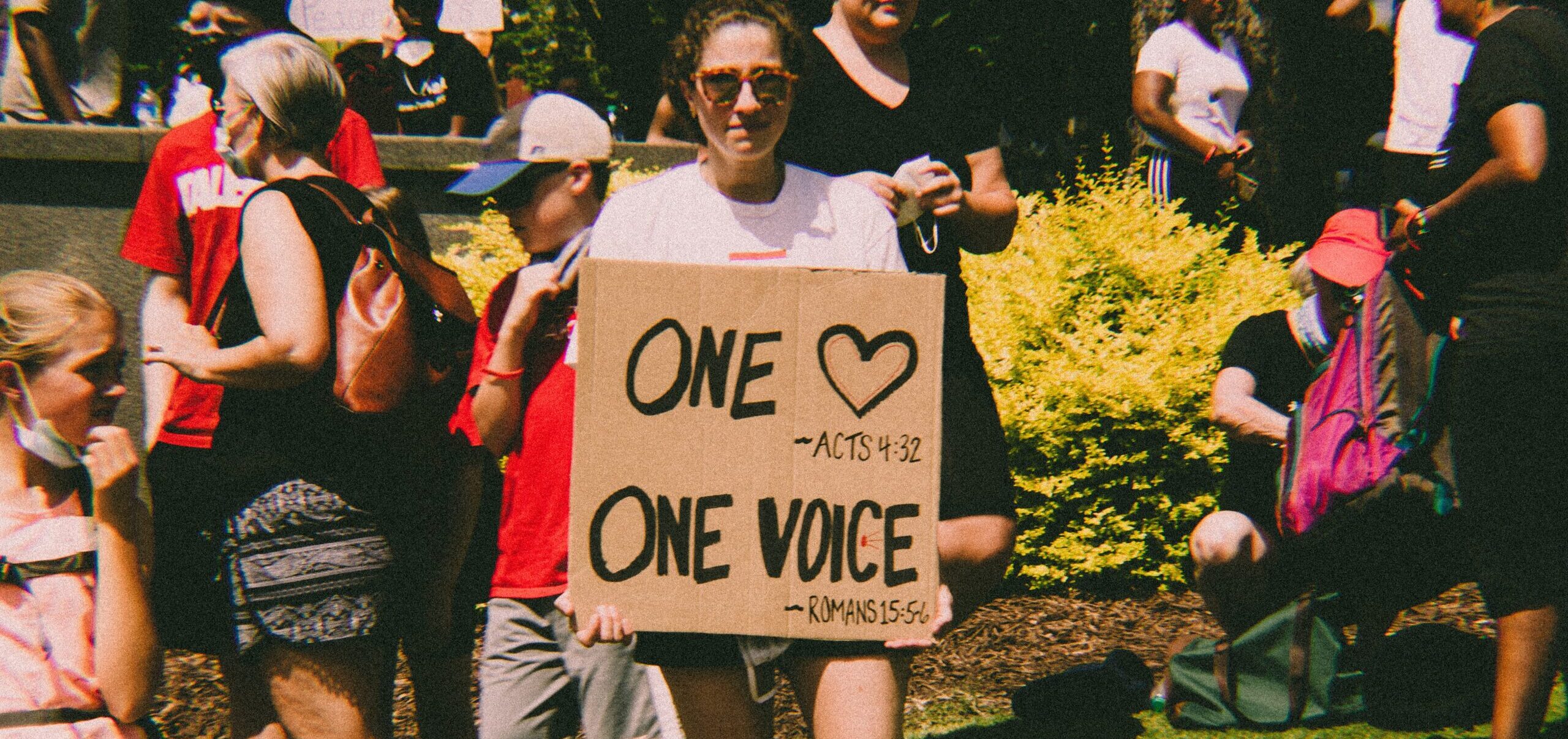The justice system gets a lot of press these days. And for good reason. Even if we can talk ourselves into believing that the system is really trying to do good, justice still seems to slip through some fingers—perhaps because of skin color, economic or social status or cultural heritage. Loopholes allow the system to be anything but just, so it becomes the worst kind of meme. A joke.
It might be surprising given the actions of Christians, but Jesus was serious about justice. Most religious people of his day seemed to be, and Christians claim they are. But the way that Jesus talked about justice and pushed for it was something altogether different.
Once, Jesus was talking to a group of people about what it meant and what it looked like to be “good.” In the middle of his conversation, a woman interrupted him. By the religious standards of the day, she was decidedly not “good.” She had broken the law and it was obvious to everyone what the punishment should be.
She was guilty. Caught in the act. According to the law, “justice” for her crime required her death.
But Jesus was known for not doing what people expected. He said and did things that consistently challenged the religious and cultural status quo. Frequently enough that he was ruffling some feathers. And when the powers-that-be pride themselves on their plumage, anyone who messed with them was in for a hard time.
And that’s exactly what this was, a powerful flock prideful people preening themselves in front of Jesus the troublemaker. They wanted to test his adherence to justice. They wanted to know if he would follow the letter of the law like they all wanted to.
Picture the scene. Jesus with a large crowd gathered around—some innocent bystanders, the guilty woman, and the hawkish religious leaders. Everyone waiting for Jesus to pronounce his judgment.
Of course Jesus knew the law. He knew that the circling vultures were right in what they were calling for—at least according to the law. They simply wanted to hear him say it too. They wanted to hear his birdsong join their squawking.
But Jesus didn’t. Instead, he reframed justice itself. He looked at all of them—the accusers and the guilty alike—and invited those who were not guilty of anything to pass judgment on the woman.
He didn’t deny the importance of the law or the validity of sentencing when it was important. He understood, however, that sometimes people’s self-absorbed attitudes turn what’s right in the eyes of the law into a perversion of justice. In the end, none of those calling for the death penalty stayed behind to carry it out. None of them could cast the first stone.
Jesus had summarily scattered the flock of accusers. He also didn’t condemn the woman. Instead, he called her to change her behavior. Justice, in Jesus’s eyes, is about redemption, not simply punishment.
Jesus values justice. Justice is accountability and punishment when necessary. But it is more than that. Jesus showed that justice is also a matter of the heart, of our intentions, and pride twists justice into a perversion. He exercised a higher standard for justice, one that hopes for redemption.

